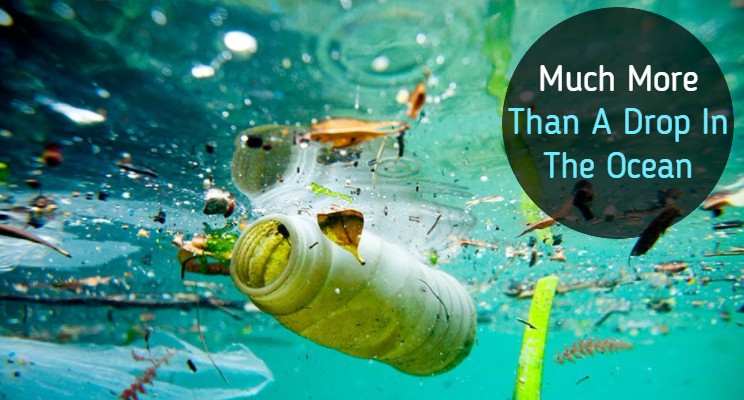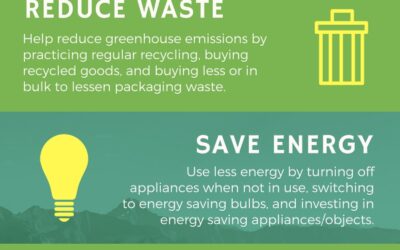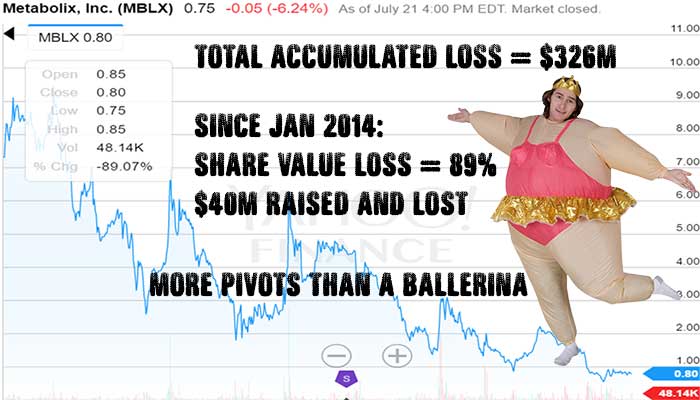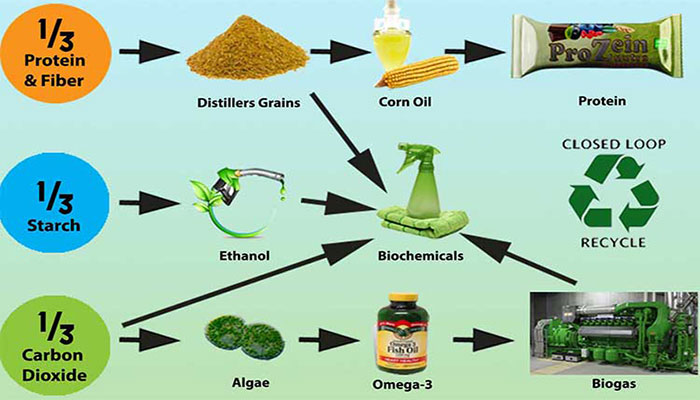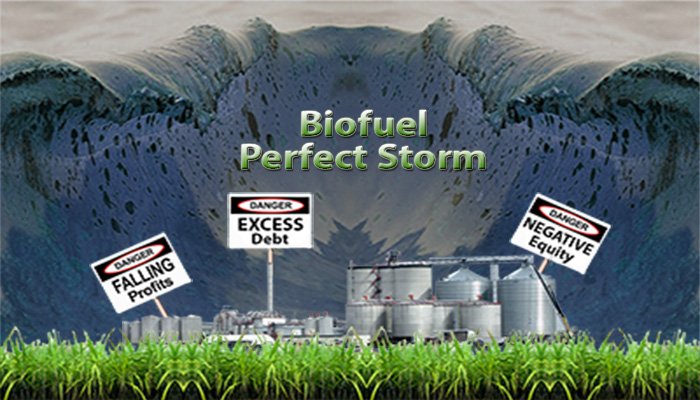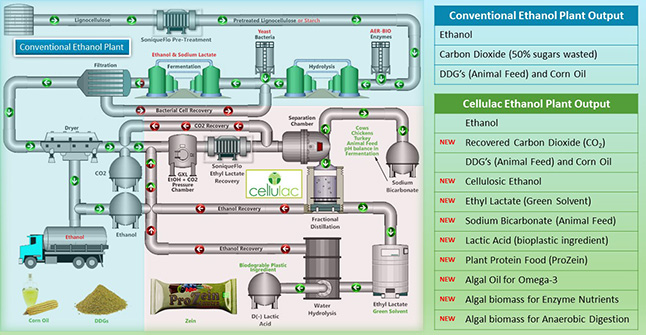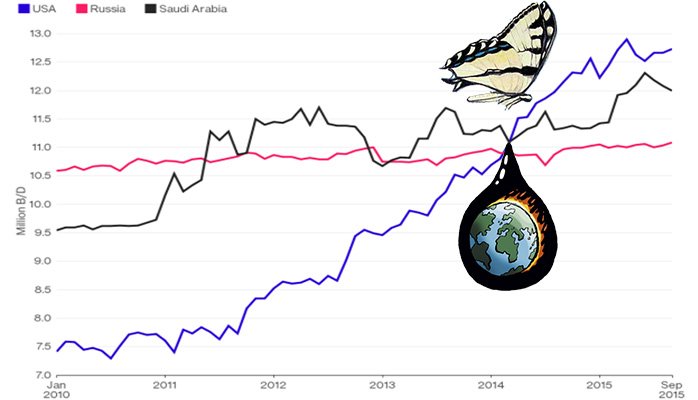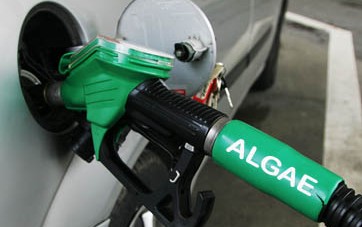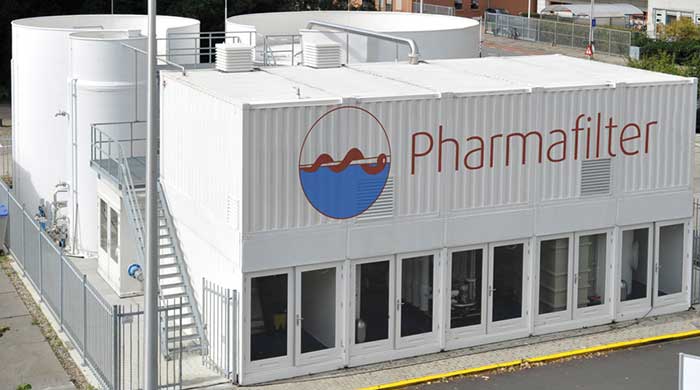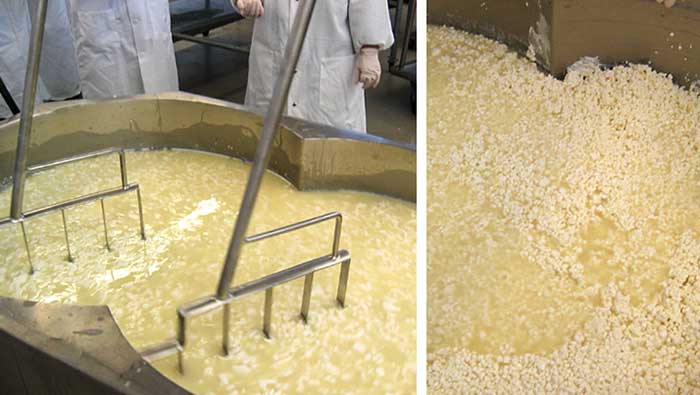Why 150 Million Tons of Plastic Pollution
Is Much More Than a Drop in the Ocean
To many people watching Sky News and their #OceanFree Campaign, you would think that removing plastic from the oceans will be enough to resolve the problem. Sadly, this is not the case.
The oceans ability to provide food from fisheries and aquaculture is subject to climate change and the resultant ocean acid and oxygen levels. Rising CO2 is just one issue. Rising temperatures and reduced oxygen levels are issues altering the ocean ecosystems. These have a serious impact on marine life.
The effect is both regional and global. They include the displacement of fish stocks that were in abundance not long ago. The life expectancy of shellfish, affected by rising acid levels, who are unable to adapt or migrate, has reached a point where they are no longer available in many regions that previously relied upon them for a living.
Even fish stocks who have been able to migrate are subject to accelerated overfishing, loss of habitat and increasing pollution. There are now instances where there is an increase in dead zones in the ocean. These are exacerbated by an increase in toxic algal blooms.
I have watched documentaries where individual groups are trying to slow the declining coral reef ecosystems. It seems a futile to attempt to rebuild the damage caused by coral bleaching, causing the total collapse of coastal fishing. Even replacement with fish farming (aquaculture) is likely to be affected by an increase in tropical storms and flooding.
What can we do?
Even if we stop throwing plastic waste into the ocean today, the gyres in the oceans will continue to accumulate more plastic over the next 20 years. The damage has already been done. We can reduce the stresses, but not eliminate them, by lowering ocean pollution. in 2014 we produced 311 millions tonnes of plastic. This is expected to double by 2030. I fear that COP23 in Bonn was nothing more than a talking shop, kicking the pollution can down the road. The lead has to come from the consumer of fish and single-use plastic.
There is small option to consider changing fish catching pressure, or the rotation of fishing regions. We can target or lower demand with taxation on certain species. It does require some dynamic management with discretion. Legislation will not resolve the matter.
Further support for aquaculture may help, but that may only resolve the short-term supply side. There is the inevitable risk of political infighting as fish stocks migrate. There may even be fish wars.
A far more deadly killer remains. The acid and oxygen levels of the oceans has already done so much damage and there is not much we can do at this point. But can you seriously risk ignoring the problem and hope it will go away?
What is your view? Leave a comment below and join the Biomassive Revolution
[TheChamp-FB-Comments style=”background-color:#f7f7f7;” title=”Leave a Comment”]
Integumen License Ageement
Today, Cellulac announces that it has signed Heads of Terms to enter into a commercial technology agreement with Integumen (LSE: SKIN). In addition, Integumen has conditionally agreed to acquire 9.35% of the issued shares of Cellulac. Gerard Brandon and Camillus...
Climate Change Our Bit Infographic
[TheChamp-FB-Comments style="background-color:#f7f7f7;" title="Leave a Comment"]
Biomassive Revolution
It's just not your fault What if I were to tell you that it is not your fault that the seas are polluted with plastic that the fish and whales are consuming? In the same way, I can say that it is not your fault that over-fishing is destroying future fish...
Daring to Dream Big
The definition of insanity is doing the same thing over and over again and expecting a different result - Albert Einstein Another 300 million tonnes of plastic every year Since World War II we have consumed 5 billion tonnes of plastic, much of which has ended...
Low Energy Microalgae to Biofuel at Commercial Scale
Food and Fuel for the 21st Century Microalgae have come to the attention of the industrial and academic community over recent years because of their ability to harvest the energy of the sun and provide valuable molecules that offer great potential to provide...
Cellulac Formally Requests Metabolix Shareholders to Consider Merger Proposal
Cellulac merger proposal to Metabolix worth $40m in assets and offtake agreement of $38m rejected in favor of closing biopolymer business and spending $35m over 7 years on crop science project with no revenue. DEAR METABOLIX SHAREHOLDERS London, UK. 25th...
Extracting real value from the Ethanol Industry
Hybrid Solutions There is no need to reinvent a billion dollar wheel of bio-industrial experimental development. True value can be extracted and integrated as hybrid synergistic solutions from the best-in-class of what already exists. Over the last 10...
Have we Reached Peak Biofuel?
Is there really an energy security risk? Former NATO Secretary General Anders Fogh Rasmussen is calling on Europe to increase the production of biofuels from an energy security perspective because of geopolitical risks. This is a tough ask if such increase in...
Biofuels Perfect Storm
Biofuels Perfect Storm Since August 2015, ethanol has traded at a premium to gasoline which is unusual by historical standards. This is likely to continue until oil prices rebound into the $45-50 per barrel range. Even with this situation, 2015 ethanol...
Ethanol Industry is not too big to Fail
Phonetically speaking we know the two things that are guaranteed are death and taxes. However debt can be the precursor to death for not just companies, but industries. The ethanol industry, reading through the last 2 years of SEC filings by ADM, indicate that...
High Corn Crush Margin Ethanol Plant Solution
The ethanol industry has only been around for the last few of decades, though in its present state it takes centuries of fermentation knowledge to achieve the same output of ethyl alcohol (ethanol).Today, there are by-products or side-streams, such as distilled...
Corny Problem for EU Sugar Producers
The abolition of sugar quotas in 2017 will have such a profound effect on EU sugar producers, used to super profits under the EU supported Common Agricultural Policy (CAP), that many smaller producers will be subject to consolidation or have to cease...
Big Oil Can’t Alter Climate Change
In a recent major MIT Study (Covert, Thomas, Michael Greenstone, and Christopher R. Knittel. 2016. "Will We Ever Stop Using Fossil Fuels?" Journal of Economic Perspectives, 30(1): 117-38. ) it was shown that approximately 65 percent of global greenhouse gas...
Butterfly Effect of Oil Price on Renewables
The butterfly effect is a concept that small causes can have large effects. Initially, it was used with weather prediction but later the term became a metaphor used in and out of science. Now it can easily be related to a single decision made by a Saudi Oil...
Cellulac Acquires Aer Sustainable Energy (Aer-Bio)
10 fold saving in enzymes, 4 fold increase in algae oils within 2 hours reducing the process costs of Omega-3, animal feed and biofuels Dublin, Ireland, 18th May 2015: Cellulac, the industrial biochemicals company, today announces the acquisition of Aer...
5 year, €35m Pharmafilter Partnership with Cellulac
Partnership delivers 2nd generation bioplastics supply chain solution for hospitals Dundalk, Ireland and Amsterdam, The Netherlands, 30th March 2015: Cellulac, the industrial biochemicals company, and Pharmafilter, a provider of integrated waste management...
Lactic Acid from Lactose Whey in World First Continuous Production runs
Cambridge, UK. 19 May 2014: Cellulac, the industrial biochemicals company is delighted to announce the world’s first ever industrial level continuous production of lactic acid from deproteinized lactose whey. Our 10 day production run concluded this week and...
Cellulac to Acquire Patent Portfolio and Industrial Biochemical Equipment from Pursuit Dynamics PLC
Cellulac Limited, the industrial biochemicals company, announces the acquisition of Pursuit Marine Drive Limited, a subsidiary of Pursuit Dynamics PLC, subject to shareholder approval. The acquisition includes certain intellectual property rights, test...

